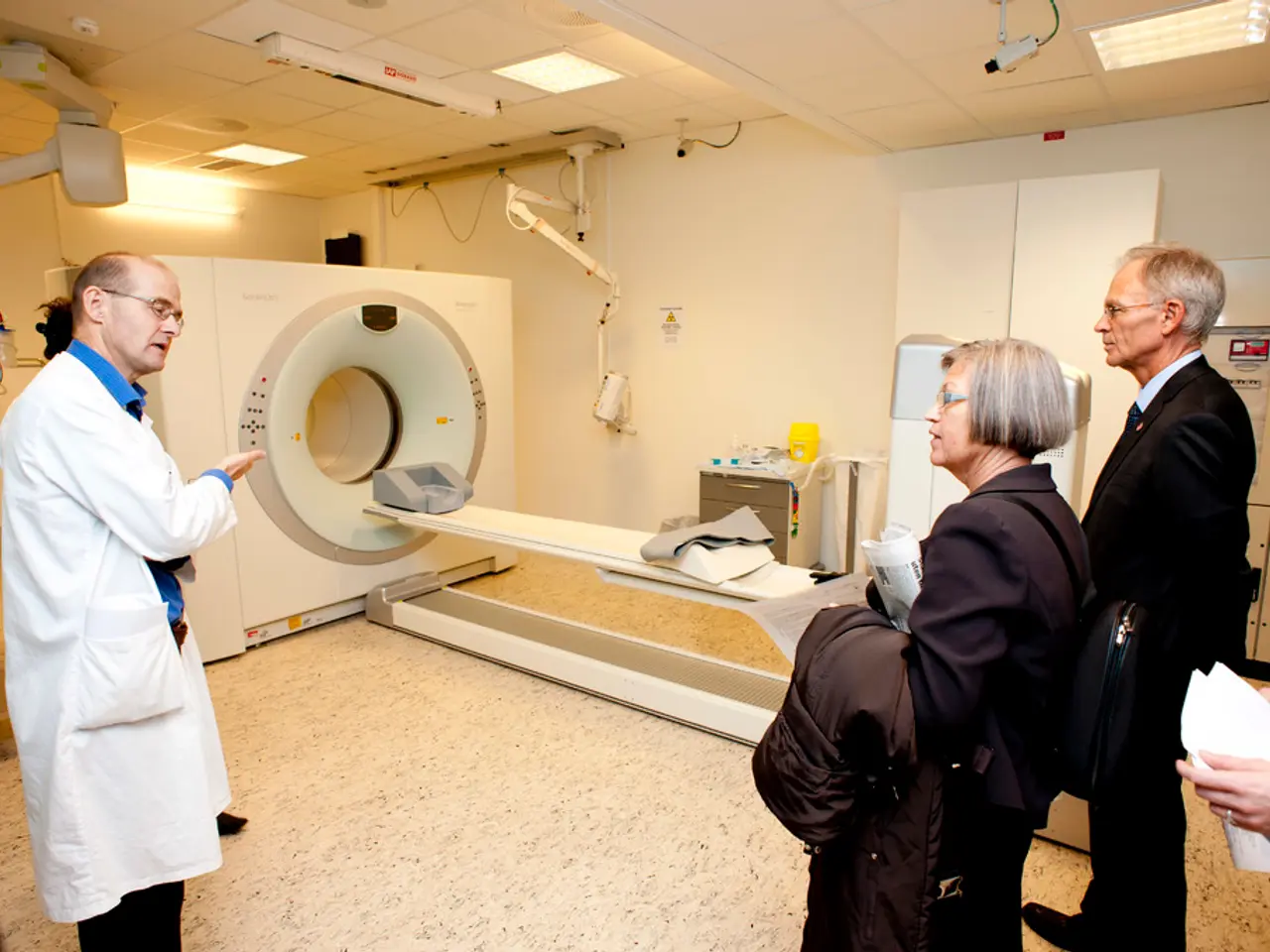Latest Data Digest: Highlights from the Information Industry
In the realm of healthcare, researchers at MIT and Massachusetts General Hospital have made a groundbreaking discovery. They've trained an AI system to measure appropriate doses of the anesthetic drug propofol during surgeries, and the system's recommendations maintained patient unconsciousness as well as human anesthesiologists in tests using real patient data. This development could revolutionize surgical procedures, ensuring patient safety and enhancing the efficiency of anesthesia administration.
Meanwhile, in the fight against cancer, AI is proving to be a valuable ally. AI-powered prediction models are being used to improve patient selection for clinical trials, helping identify which patients are most likely to benefit from specific therapies. This not only aids in better clinical trial matching but also contributes to the acceptance of newer treatments by demonstrating their efficacy and safety.
Brain-computer interfaces (BCIs) are another area where AI is making significant strides. For instance, researchers at Stanford have developed a device that translates inner speech neural activity into words, enabling rapid communication for patients with paralysis who cannot speak. Similarly, Neuralink's brain chip implants have shown breakthroughs, allowing paralyzed users to perform complex digital tasks, regain interaction abilities, and control smartphones using thought alone. These BCIs use machine learning to improve accuracy over time, enhancing independence and digital control for users.
In the world of urban planning, researchers at the National Integrated Heat Health Information System and Climate Adaptation Planning Analytics Strategies have partnered to create heat maps of Raleigh and Durham. Using 100,000 crowdsourced data points on temperature and humidity, these heat maps reveal that both cities are warmer than previously thought, providing crucial information for climate adaptation strategies.
In the consumer goods sector, Snapchat has launched a new augmented reality lens that can detect Cheetos or Doritos chips and automatically begin playing Megan Thee Stallion's single Flamin' Hottie. Meanwhile, Sally Hansen and Perfect Corporation have partnered to launch a virtual try-on tool for nail polish, using augmented reality to display different colours on users' nails.
Lastly, Code for America has created an AI system that can identify and expunge eligible criminal records from state databases. Utah officials have already begun expunging 500,000 eligible cases with this system, marking a significant step towards criminal justice reform.
These advancements highlight the transformative potential of AI across various sectors, from healthcare and urban planning to consumer goods and criminal justice. As AI continues to evolve, we can expect to see even more innovative applications that improve our lives and reshape the world around us.
- The development in the healthcare field, where AI systems are trained to measure appropriate doses of anesthetics during surgeries, could potentially revolutionize surgical procedures and ensure patient safety.
- AI is proving crucial in the battle against cancer, as AI-powered prediction models are being used to improve patient selection for clinical trials and identify which patients are likely to benefit from specific therapies.
- Brain-computer interfaces (BCIs) are witnessing significant advancements, with AI-assisted devices translating inner speech neural activity into words for paralysis patients.
- In the realm of urban planning, AI is being used to create heat maps of cities, providing crucial information for climate adaptation strategies.
- Snapchat's new augmented reality lens and Sally Hansen's virtual try-on tool for nail polish are examples of AI applications transforming the consumer goods sector.
- Code for America's AI system can identify and expunge eligible criminal records from state databases, marking a significant step towards criminal justice reform.
- AI advancements are not limited to these areas; they are also reshaping sectors like environmental science, space and astronomy, and therapies and treatments.
- As AI evolves, innovative applications will continually emerge, improving our lives and reshaping the world around us, impacting fields such as health-and-wellness, climate-change, and technology.




